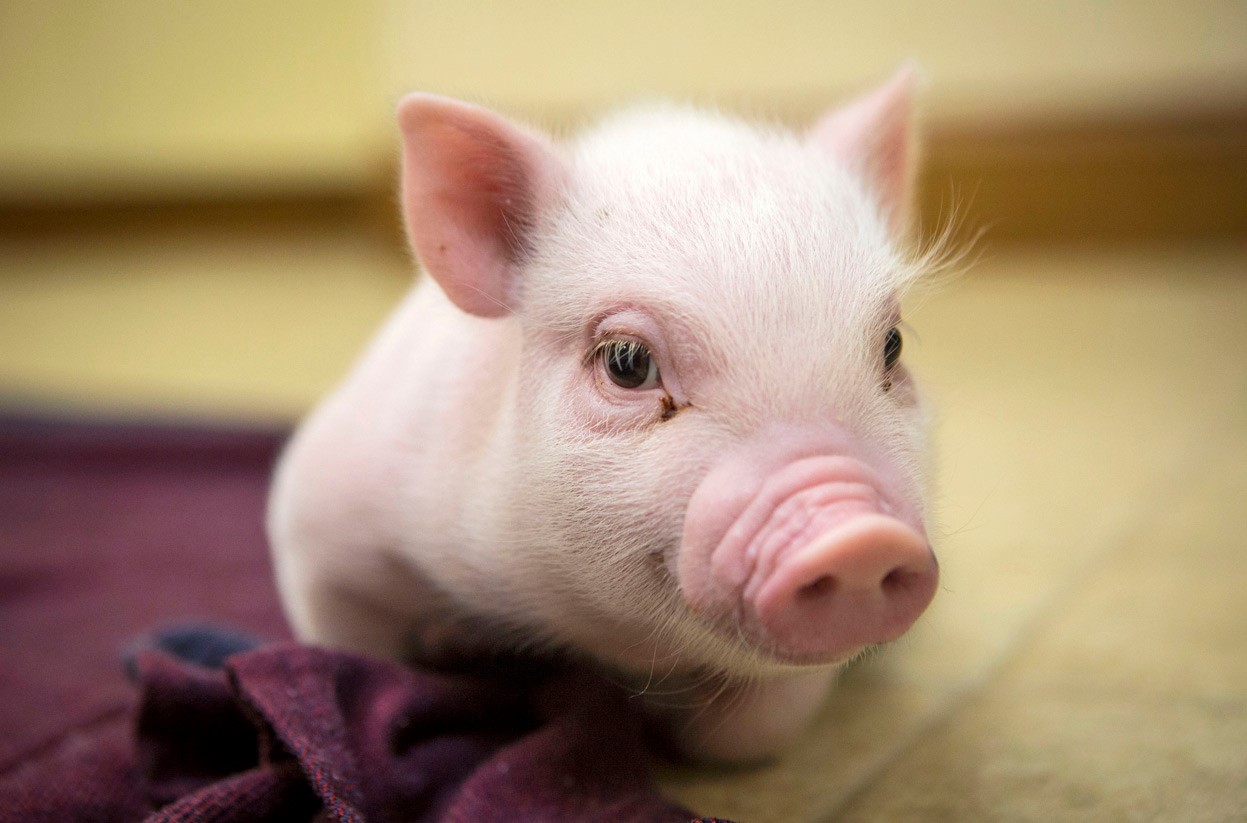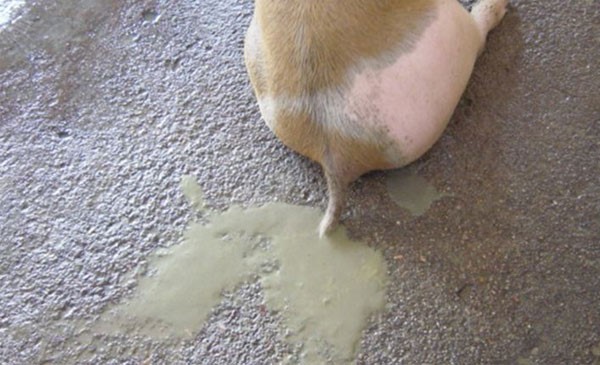Understanding the causes, symptoms, and prevention methods for E.Coli infections in piglets is crucial for maintaining a healthy and productive herd.
White diarrhea in piglets, commonly caused by E.Coli bacteria, is one of the most prevalent and dangerous diseases in pig farming today. It severely affects the health of piglets and leads to significant economic losses for farmers.
1. CHARACTERISTICS AND CAUSES OF THE DISEASE
– Ecoli in piglet is very common in pig farming, caused by E.Coli bacteria, related to changing weather conditions (especially cold weather) and veterinary hygiene in farming.
– Piglets from 2-3 hours after birth to 21 days old are susceptible to the disease, some are infected at 28 days old. The disease causes great damage to farmers.

2. SYMPTOMS
– Piglets vomit, have ruffled hair, are thin, have wrinkled skin, are weak, and have white eyes.
– Stool changes from clear white to opaque white with a fishy smell and is sticky at the anus.
– Due to severe dehydration, piglets lose 30-40% of their weight, with the highest mortality rate in the first week after birth.
3. LESIONS
– Dilated stomach, major curve bleeding, filled with undigested curdled milk.
– Small intestine full of gas, bleeding in segments.

4. DISEASE TREATMENT
– Ecoli in piglet can be treated with some special medicines such as: Interflox 100 of interchemie Netherlands Dosage according to manufacturer’s recommendations
– Pigs can be given astringent leaves such as guava leaves, green tea or some other astringent leaves and fruits.
– Supplement digestive enzymes, multivitamins, and Butasal 100 doses according to the manufacturer’s instructions to help pigs recover quickly.
– Strengthen care, sanitation, disinfection of barns and environment.
5. DISEASE PREVENTION MEASURES
– Disease prevention hygiene: Clean feed, drinking water, barns, livestock equipment and surrounding environment.
Use Colexin pump product of Interchemie Netherlands to prevent and treat diseases for piglets from 1-2 days old and up.
– Using Ecoli vaccine (Neocolifor or Litterguard ) to inject pregnant sows in the final stage to create Ecoli antibodies to transfer to piglets is a very effective solution to safely protect piglets from birth to 15 days old.

– Injection method as follows:
+ Sows using Ecoli vaccine for the first time: Inject 2 times, 2 ml each time/sow. Inject the first time when the fetus reaches 85 days old and the second booster injection is 15 days after the first injection.
+ Sows that have been vaccinated against Ecoli should only be vaccinated once during the next pregnancy, 2 weeks before giving birth (2ml/sow/time).
– Good care and feeding: With Ecoli in piglet, temperature is a very important factor. As soon as the mother pig gives birth, the piglets need to be placed in a separate nest heated to 32-35ºC for 2-3 days, then reduced by 1ºC after two days and maintained at 25-27ºC from the 8th day until weaning. Always ensure that the floor of the pen is clean and dry.
– Inject iron into piglets at 2-3 days old, dose according to manufacturer’s recommendation.
Proactively preventing white diarrhea in piglets through vaccination, maintaining hygiene in pig pens, providing proper nutrition, and conducting regular health monitoring is essential in pig farming. In addition, early detection of symptoms and proper treatment can significantly reduce the damage caused by the disease.
